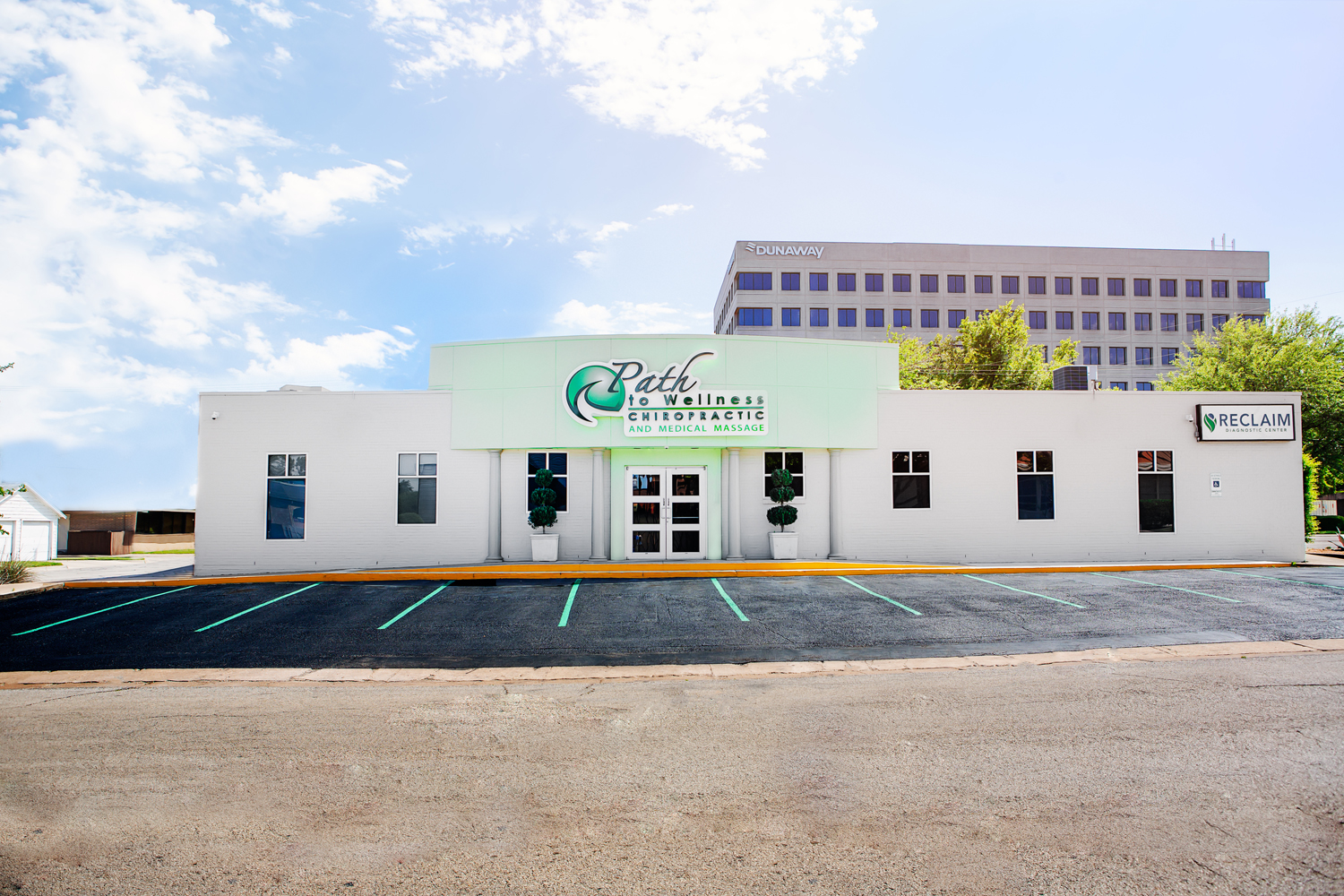In the realm of recovery, there exists a deeper layer often overlooked: the intertwining of substance use with underlying mental-health challenges. When these two facets exist side-by-side, they form what is known as a dual diagnosis—an intersection where addiction and mental wellness collide. In order to achieve lasting change, it becomes essential to embrace a model that treats both simultaneously, rather than addressing one and ignoring the other.
Understanding the Dual Landscape
Individuals who seek help for substance issues often carry more than just a dependence; they may be battling depression, anxiety, PTSD, mood disorders or unresolved trauma alongside their addiction. According to credible sources, when a person experiences both a mental-health disorder and a substance use disorder, the two can amplify each other’s impact. This makes the path to recovery neither simple nor one-dimensional.
When exploring options for addiction rehab in Dallas, TX, it’s vital to identify programs that don’t treat mental health and substance use as separate tracks. The more efficient path is one where both are addressed in a unified way—where therapeutic plans account for emotional regulation, trauma, relapse triggers and substance dependence in tandem. Only then can the foundation for renewal be truly built.
The manifestation of a dual diagnosis often means that if only the addiction is treated, the mental-health issue remains, pushing the individual back into substance use or relapse. Conversely, treating only the mental health side may leave the root of the substance use unaddressed. The outcome is often a cycle of short-lived recovery, repeated admissions and unresolved distress.
Integrated Care for Real Recovery
A well-designed dual diagnosis approach brings together addiction-specific interventions (craving management, behavioural change, support groups) with mental-health modalities (mood-regulation therapy, trauma processing, psychiatric care). This integrated model ensures you are not bouncing between siloed services; you are receiving coordinated treatment that honours the complexity of your experience.
For individuals seeking drug and alcohol rehab in Dallas, your best chance of success lies in centres and programmes that weave together clinical addiction treatment, psychiatric support and holistic care. The therapy might include cognitive-behavioural therapy (CBT), dialectical behaviour therapy (DBT), trauma-informed work, medication-assisted treatment (MAT) when required, and life-skills training that focuses on reintegration and wellness. It’s a comprehensive map, not just a single lane.
These programmes recognise that recovery is not just about stopping use—it’s about rebuilding your sense of self, managing your emotional landscape, and learning how to live beyond the addiction. They view the combination of substance use and mental health as interlinked, not independent. That is the hallmark of dual-diagnosis treatment.
From Surviving to Thriving
Moving through recovery with a dual-diagnosis lens means setting new goals: not just abstinence, but emotional resilience, mental clarity, relationship repair and sustainable wellness. Research suggests that individuals who receive integrated care fare better in their mental health outcomes and relapse prevention than those who receive single-focused care.
If you or someone you love is exploring treatment, ask whether the programme is built for this complexity. Does it provide assessment for both substance use and mental health? Does it coordinate care between addiction specialists and mental-health clinicians? For those intent on addiction rehab in Dallas, TX, these questions matter deeply.
When both sides are treated, the journey becomes more than a recovery story—it becomes a transformation of identity and purpose. It becomes the difference between simply ending substance use and beginning a renewed life. In choosing a model that addresses dual diagnosis, you opt out of fragmented care, and you step into an integrated path—where your whole person, not just your symptoms, is invited to heal.
Recovery isn’t simply exiting treatment—it’s entering into a fuller way of living. And when you choose a path that honours both addiction and mental health together, you align with a future defined by strength, clarity and hope.













